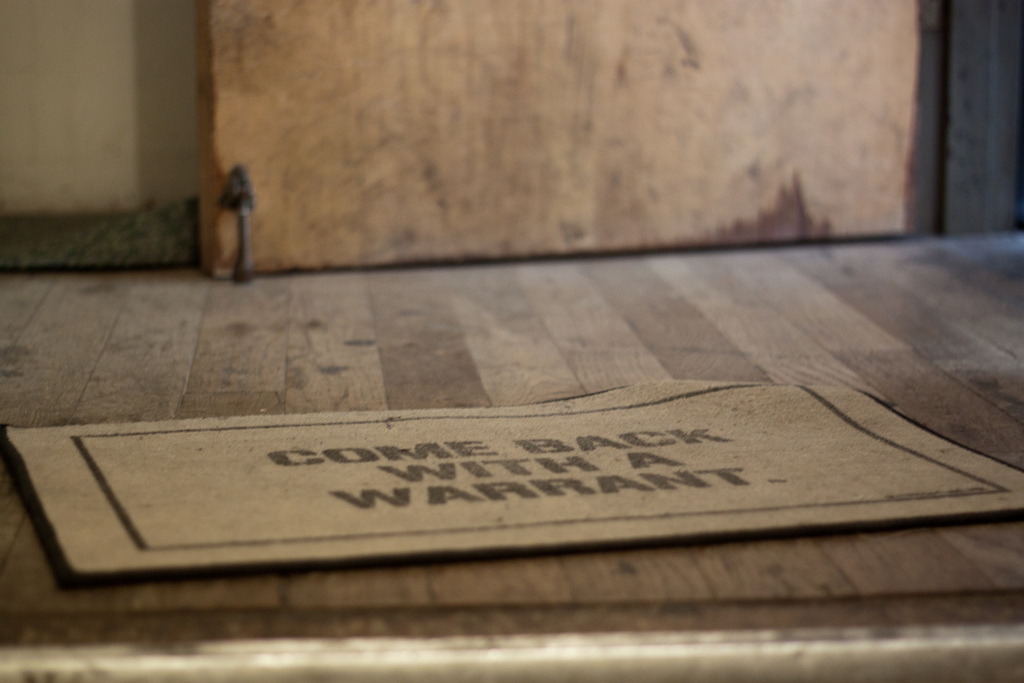The introduction of Bill C-13 – the “cyberbullying bill” with extensive lawful access provisions – has generated considerable discussion on its privacy implications. While many have noted that Justice Minister Peter MacKay took less than a year to retreat from the government’s commitment that “any attempts that we will continue to have to modernize the Criminal Code will not contain the measures contained in C-30”, the question will soon focus on whether the new bill contains any privacy threats in need of reform.
It is certainly true that the government has removed two of the most controversial C-30 provisions by excluding warrantless mandatory disclosure of basic subscriber information and the requirement for telecommunications service providers to build intercept capability within their systems. However, several provisions still featured in the bill are cause for concern. This post focuses on the new safe harbour protections for voluntary disclosure of personal information without a warrant. Posts to follow later this week will examine the lower thresholds for access to metadata and location information.







